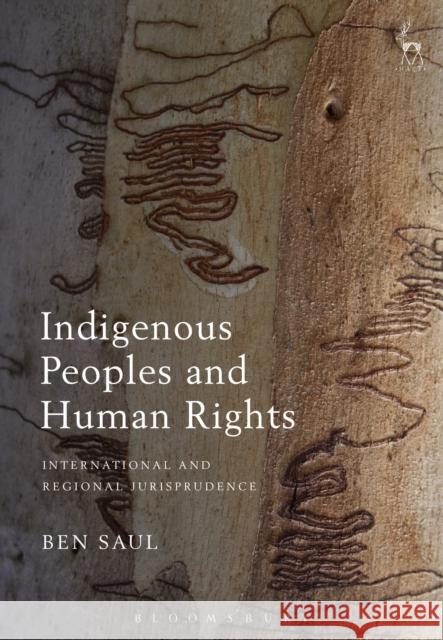Indigenous Peoples and Human Rights: International and Regional Jurisprudence » książka
Indigenous Peoples and Human Rights: International and Regional Jurisprudence
ISBN-13: 9781901362404 / Angielski / Miękka / 2016 / 248 str.
This book provides a comprehensive examination of the treatment of Indigenous peoples in international law and from a comparative law perspective. While scholarly in approach, it is also intended to be used as a textbook for university students, and therefore covers a broad range of topics relevant to the study of Indigenous People and International Law. The book first considers the theory and practice of international law in encounters between Indigenous peoples and European colonial powers. It examines the prevailing legal doctrines governing acquisition of title to territory, underlying concepts of sovereignty, authority and self-determination, and competing theoretical approaches to conceptualising Indigenous legal interests. It then investigates how domestic legal systems applied, ignored or challenged relevant international law norms during the colonial era and explores the dominant legal discourses operating at the national level. The book goes on to consider how international law has developed to enable Indigenous peoples to challenge their treatment in national legal systems, particularly through the human rights machinery and political organs of the UN. The book draws on the colonial and post-colonial experiences of Indigenous peoples across Australasia, America and Canada, Africa, the Middle East and Europe. *** "An impressive and seminal work of outstanding scholarship, "Indigenous Peoples and Human Rights: International and Regional Jurisprudence" is unreservedly recommended for academic library Indigenous Studies collections in general, and Human Rights Law, International Law, and Comparative Law supplemental studies reading lists in particular." --Midwest Book Review, MBR Bookwatch: November 2016, Vogel's Bookshelf Subject: Human Rights Law, International Law, Comparative Law]











